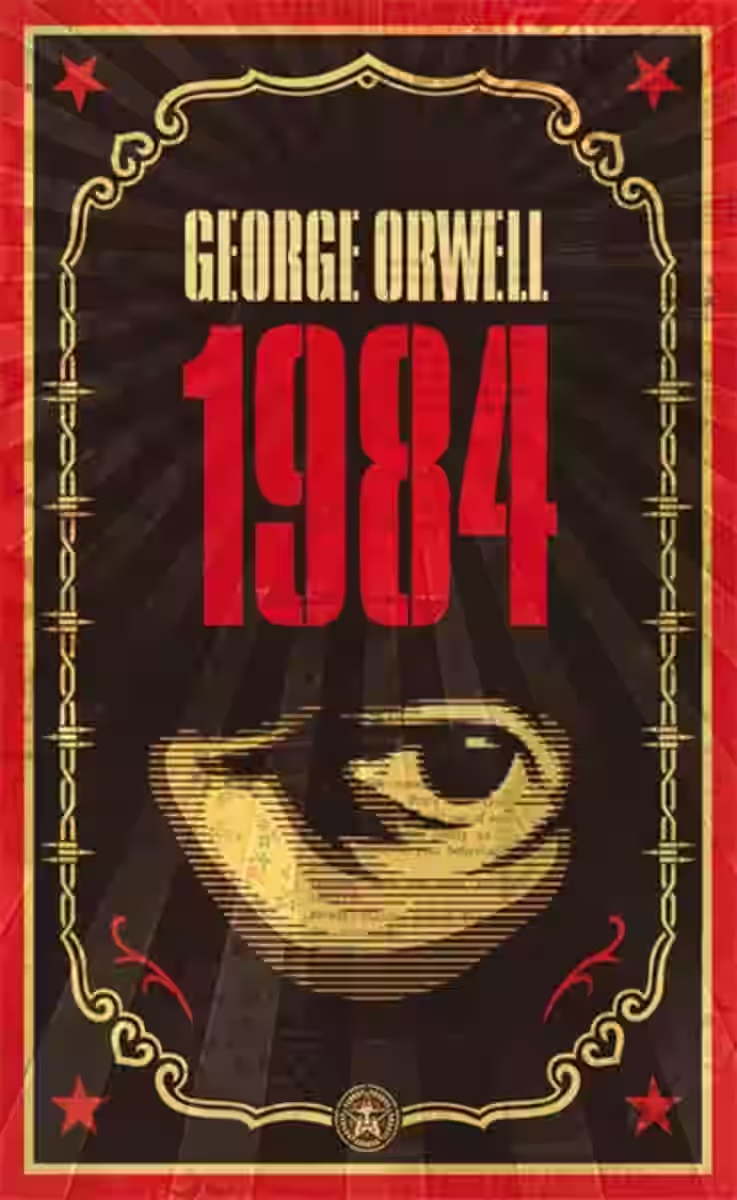
In a totalitarian future Britain, Winston Smith secretly rebels against the omnipresent government that controls reality itself through surveillance, propaganda, and the manipulation of language and history. When he falls in love with Julia, another rebel, their forbidden relationship becomes an act of political rebellion. The novel explores themes of truth, power, and human dignity in a world where independent thought is a crime.
About George Orwell
A sharp critic of totalitarianism and social injustice, George Orwell is renowned for his dystopian novels Nineteen Eighty-Four and Animal Farm. His clear and direct prose exposed the dangers of political manipulation, surveillance, and the abuse of power. Orwell's essays also offered insightful commentary on politics, literature, and culture, making him a significant intellectual figure of the 20th century. His works remain highly relevant in understanding contemporary societal challenges.
Other Books by George Orwell
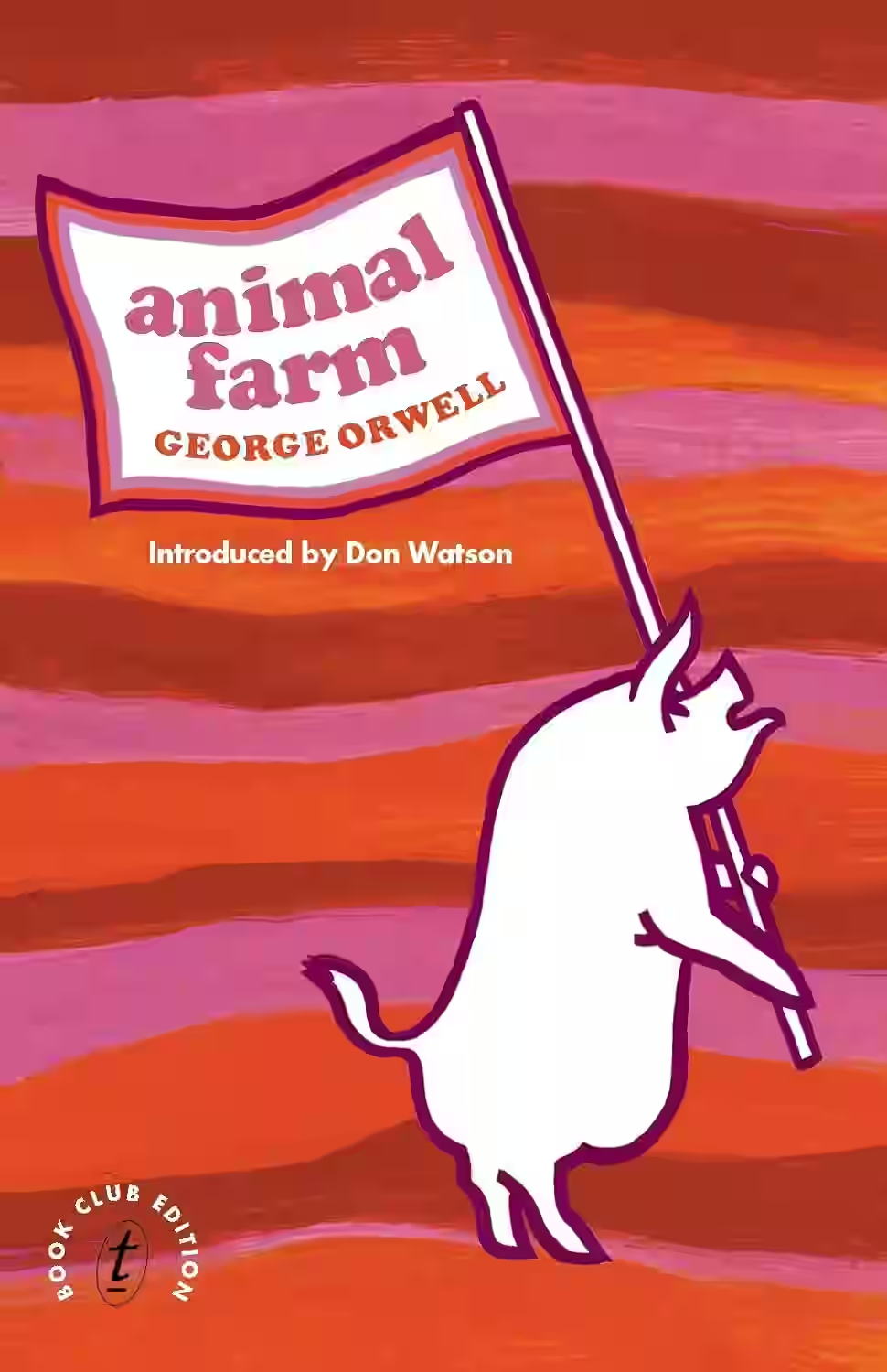
Animal Farm
Animal Farm is a satirical fable by George Orwell, where farm animals overthrow their human owner, seeking equality. But as a new leadership rises, the ideals of their revolution are corrupted, revealing a powerful allegory about power and betrayal.
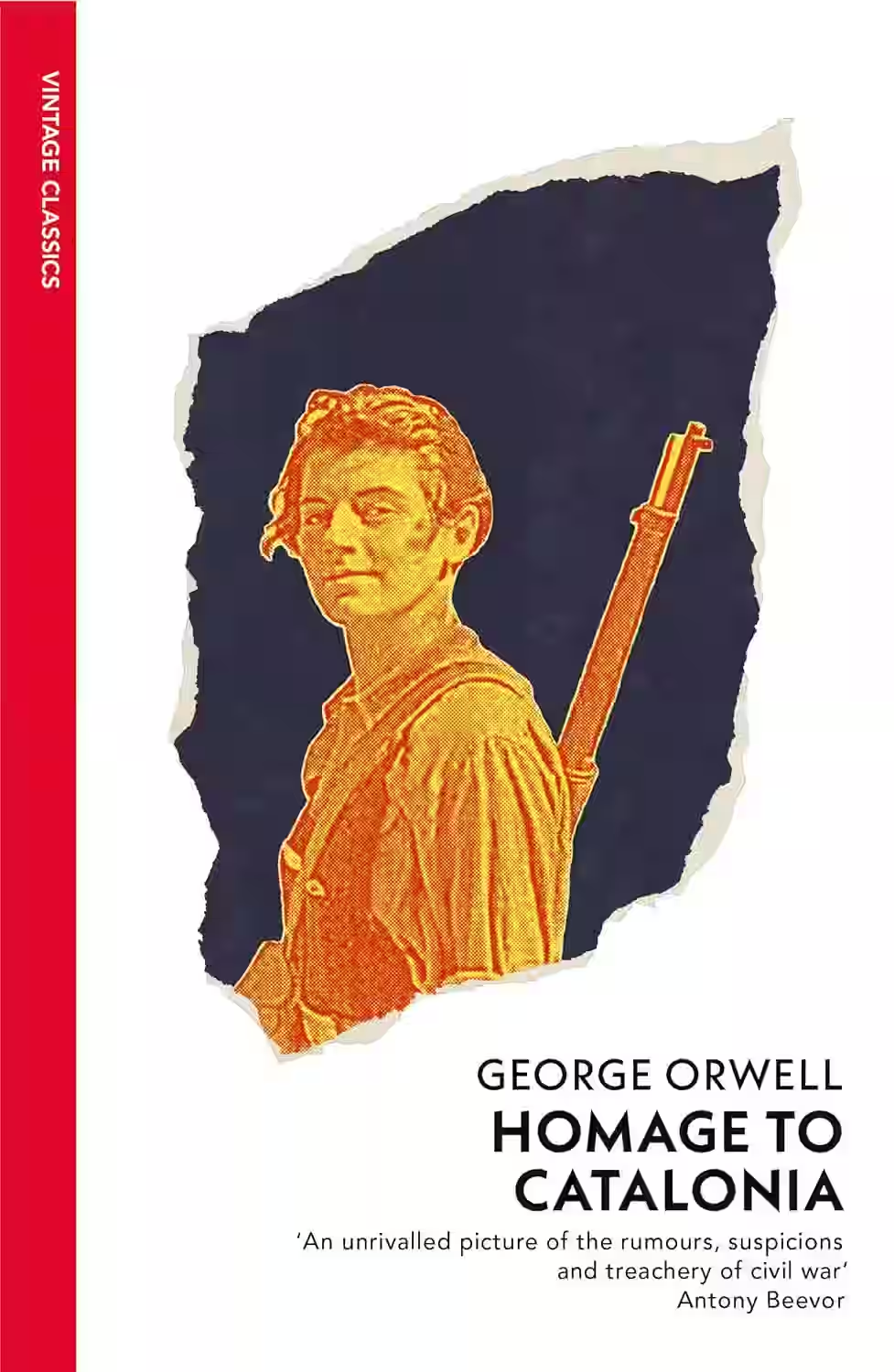
Homage to Catalonia
In 'Homage to Catalonia' by George Orwell, the author recounts his personal experiences as a soldier during the Spanish Civil War. Orwell provides a raw and honest portrayal of the complexities of war, politics, and propaganda. The book delves into themes of loyalty, disillusionment, and the struggle for justice. Orwell's writing vividly captures the brutality of the conflict and the internal struggles faced by those fighting for their beliefs. 'Homage to Catalonia' is a gripping account that offers a unique perspective on the realities of war and the impact of political ideologies on individuals.
Similar Books
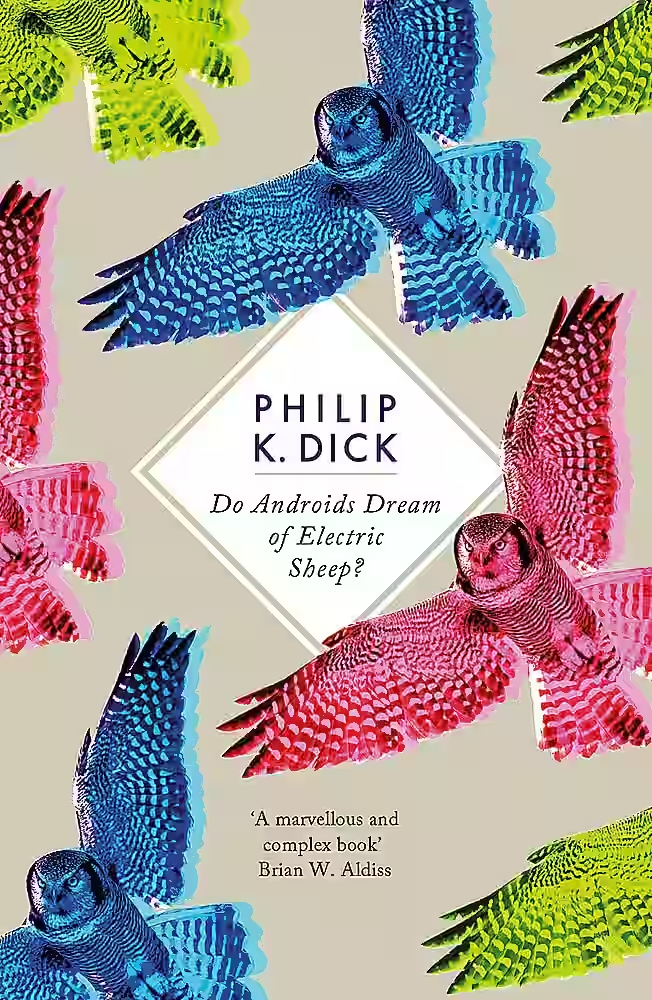
Do Androids Dream of Electric Sheep?
Philip K. Dick's "Do Androids Dream of Electric Sheep?" is a seminal work of science fiction that delves into the complexities of identity, empathy, and the boundaries between human and machine. Set in a post-apocalyptic future where Earth is scarred by nuclear fallout, the novel follows Rick Deckard, a bounty hunter tasked with 'retiring' rogue androids. As Deckard navigates this desolate world, he grapples with his own understanding of humanity, morality, and the distinction between artificial and organic beings. The novel explores themes of existentialism and the quest for meaning in an increasingly dehumanized society. Its influence extends beyond literature, having inspired the iconic film adaptation "Blade Runner," and it remains a compelling exploration of consciousness and the human condition.
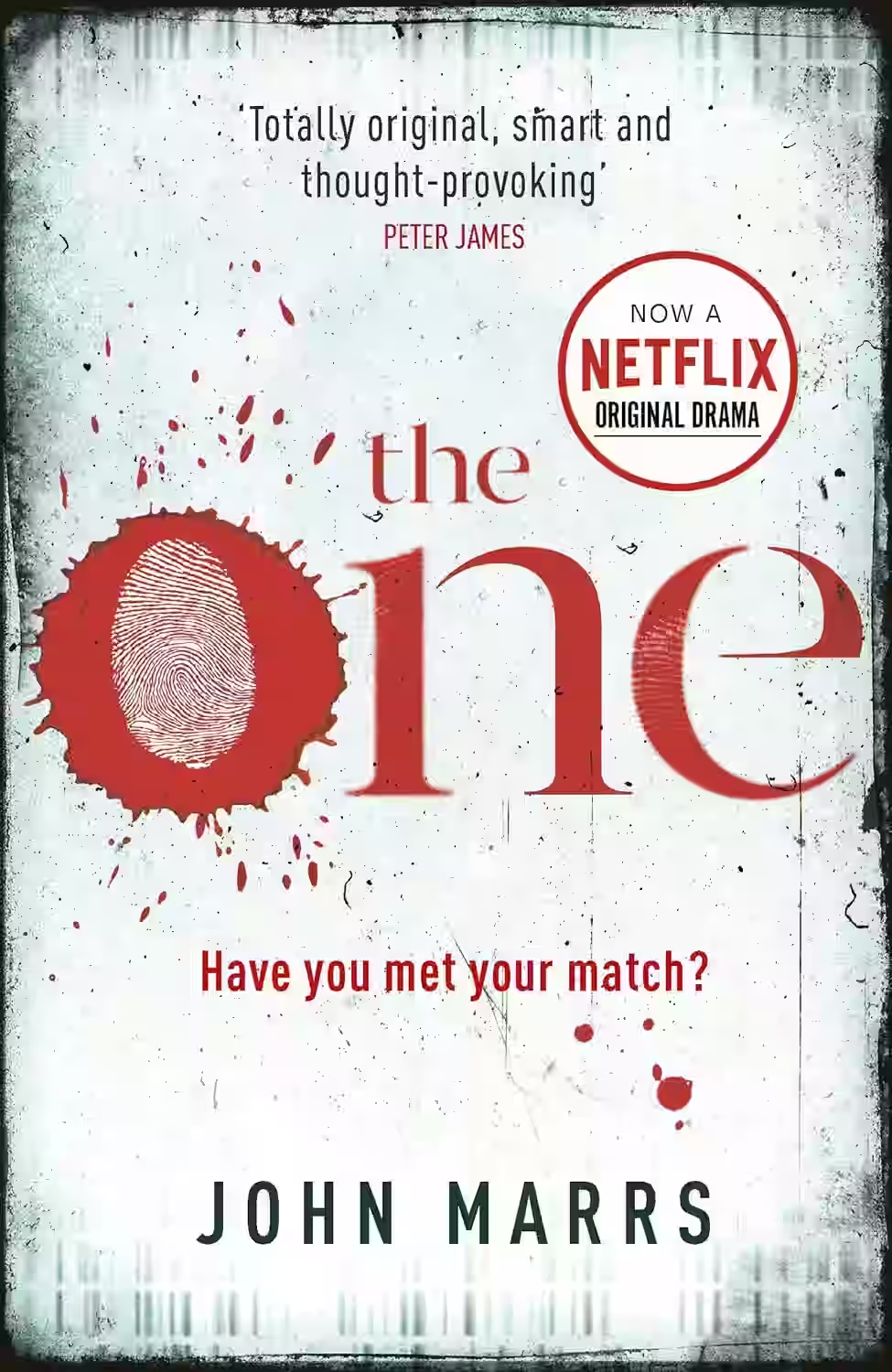
The One
by John Marrs
Series: Dark Future (#1)
In a near future where a simple DNA test can find your perfect match, five strangers discover that "The One" might not lead to happily ever after. As secrets unravel and consequences mount, this thriller explores love, fate, and the danger of genetic determinism. The One is a gripping, speculative page-turner that questions how much control we really want over love.
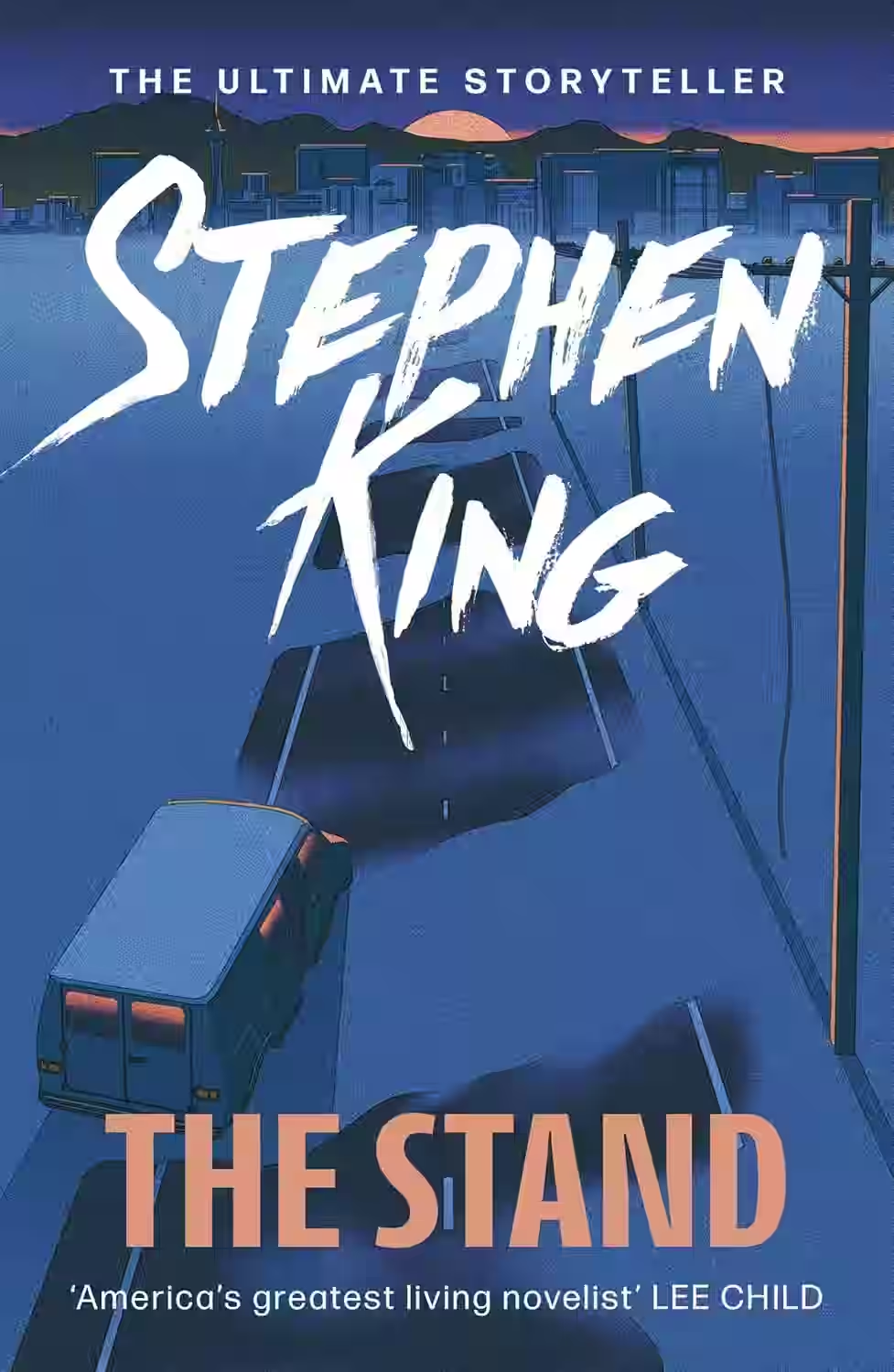
The Stand
by Stephen King
In Stephen King's epic novel 'The Stand,' a superflu virus wipes out most of humanity, leaving the survivors to navigate a decimated world divided between the forces of good and evil. The story follows a diverse group of characters who must confront their inner demons and choose sides as they are drawn to two powerful figures leading the remnants of humanity. Through its exploration of themes like morality, sacrifice, and the battle between light and darkness, 'The Stand' is a gripping tale of survival, redemption, and the resilience of the human spirit.
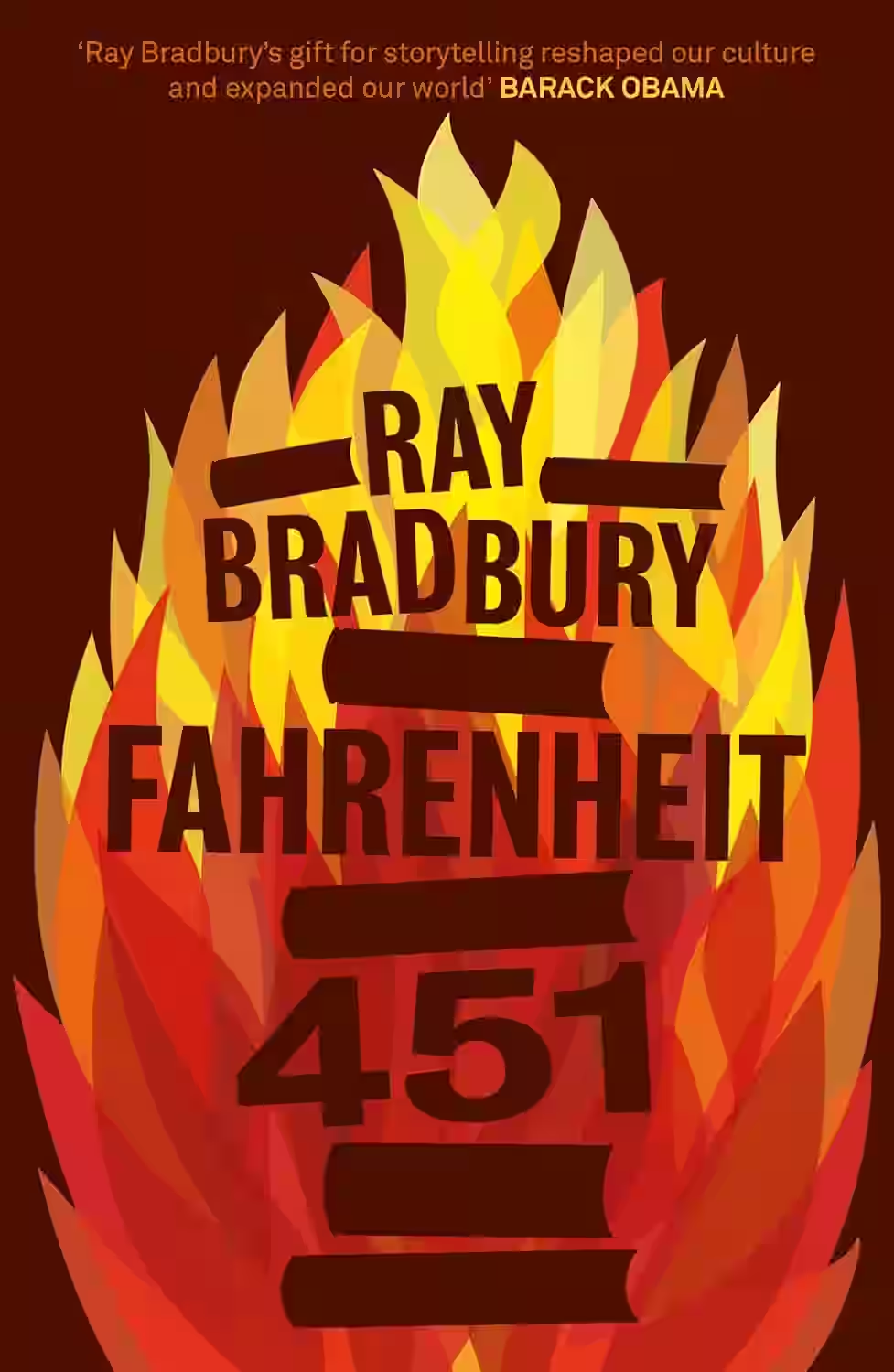
Fahrenheit 451
by Ray Bradbury
Ray Bradbury's "Fahrenheit 451" is a profound dystopian novel that delves into the consequences of a society bereft of critical thinking and free expression. Set in a future where books are banned and 'firemen' burn any that are found, the narrative follows Guy Montag, a fireman who begins to question his role in suppressing knowledge. The novel explores themes of censorship, the dehumanizing effects of technology, and the power of literature to inspire change. Bradbury's incisive commentary on conformity and intellectual repression remains remarkably pertinent, making it a timeless critique of society's foibles and the resilience of the human spirit in the pursuit of truth.